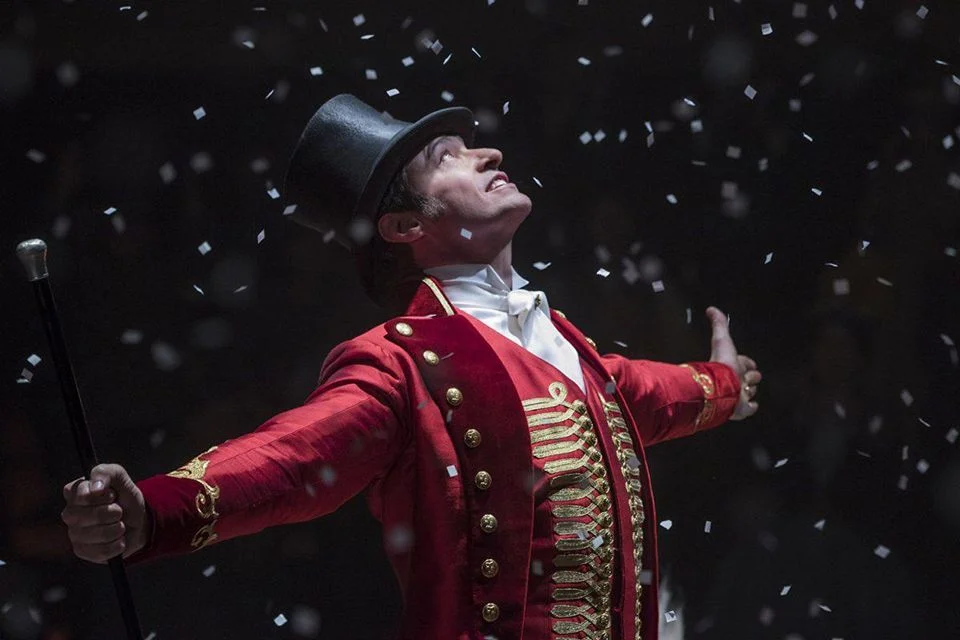Finding Joy in the Greatest Show
The Greatest Showman wasn’t the best movie of the year.
It doesn’t have the depth of Three Billboards, the tenacity or guts of I, Tonya, or the complex story structure of Dunkirk. It doesn’t have the romantic thoughtfulness of The Shape of Water, the playfulness of Lady Bird, or the performances of All the Money in the World.
But it does have one thing all those other movies don’t. Joy.
Movies are supposed to make you feel something. It’s why we leave the comfort of our apartments, shell out 12 dollars for a ticket, spend even more at the concession stand, and sit next to complete strangers for several hours. And the best movies do make you feel something, even if you don’t know what that something is.
While it’s easy to be critical of movie musicals — those films where the characters break into song and dance in the middle of their daily lives, then continue on like nothing unusual has happened — we shouldn’t look down on movies that make audience members smile during the film.
When a movie such as The Greatest Showman leaves you bubbling with joyous energy, that shouldn’t be ignored.
Second, third, even fourth viewings don’t diminish this feeling whatsoever. Instead, each additional return to the theater only increases the appreciation for both the story and spectacle created in the film.
You start to notice details that weren’t obvious the first time. The running motif of passing the hat on to others. The delicate editing during an opera performance that creates a meaning all of its own. The moment in the very beginning that Barnum’s ambition shows through, foreshadowing for the events to come. The way the dancers of Barnum’s circus weave around each other, the choreography and song telling the story and giving you goosebumps.
You hear dialogue anew, with meaning and subtext that wasn’t originally apparent. You consider the line between fact and fiction carefully. You wonder how much of P.T. Barnum’s life was changed in adapting it for the big screen. You wonder if it matters at all.
And every time, you leave the theater smiling.
The movie ends with a quote from the eponymous showman himself.
“The noblest art is that of making others happy.”
Barnum may not have been as flamboyant as he is portrayed in the film, and his true intentions may not have been as wholesome as they are in the movie. But neither matters.
The Greatest Showman may not be the best movie of the year, but it’s a joyous, sweeping celebration of dreamers, misfits, and camaraderie. It makes people happy. And that, indeed, is the noblest art of all.
I do not own any of the images featured in this post.






